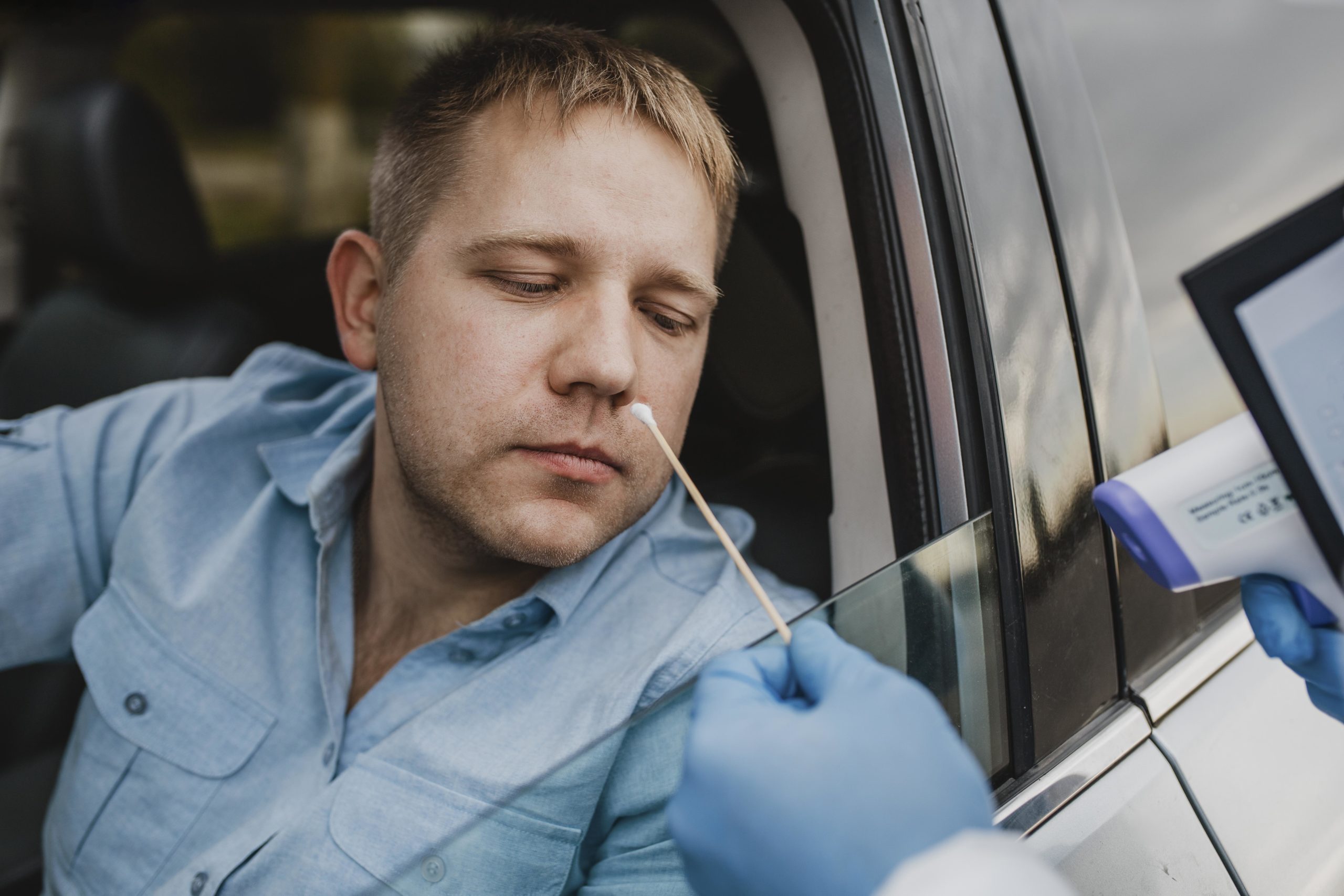For truck drivers, staying compliant with DOT drug and alcohol testing regulations is a must. Whether you’re applying for a new job, undergoing a random test, or returning to duty after a violation, understanding the process can save your career.
In this guide, we break down the key things you need to know, from DOT drug testing rules to SAP evaluations and individualized treatment plans.

Understanding DOT Drug and Alcohol Testing
Why It Matters for CDL Holders
The Department of Transportation (DOT) requires all CDL holders operating commercial vehicles to comply with drug and alcohol testing regulations. This ensures the safety of drivers, passengers, and everyone else on the road.
DOT drug testing helps identify substance misuse before it becomes a safety hazard. Alcohol testing is also mandatory under certain conditions, including post-accident and random testing.
Who Is Required to Test
If you operate a commercial motor vehicle and hold a CDL, you’re in the DOT testing pool. You may be subject to:
- Pre-employment screening
- Random testing
- Post-accident testing
- Reasonable suspicion testing
- Return to Duty (RTD) and follow-up testing
The Role of SAP Evaluation in DOT Compliance
What Is an SAP Evaluation?
If you’ve violated a DOT drug or alcohol regulation, your road back to work begins with a Substance Abuse Professional (SAP) evaluation. This assessment is mandatory and must be performed by a certified SAP.
The SAP evaluation sets the foundation for your recovery and return to safety-sensitive duties.
What to Expect During the Evaluation
A typical SAP evaluation includes:
- One-on-one interview with a certified SAP
- Assessment of your history, behavior, and risks
- DOT-compliant recommendations for treatment
- Documentation and progress reporting
The goal is to create a path forward that meets DOT standards while supporting your individual recovery.
Return to Duty (RTD) Services: Step-by-Step Process
1. SAP Assessment
This is your first step after failing or refusing a DOT test. The SAP evaluates your condition and outlines the required steps you must complete before you’re eligible to return to duty.
2. DOT-Compliant Treatment Plan
Based on the SAP evaluation, you’ll receive an individualized treatment plan. This may include:
- Substance use education programs
- Counseling sessions
- Referral to treatment or wellness providers
CoviLab helps coordinate your medical treatment plan so you don’t miss any steps.
3. Follow-Up Testing and Reporting
Once treatment is complete, you must pass a DOT drug and/or alcohol test to be considered for return to duty. Your SAP will also schedule follow-up testing to ensure continued compliance.
All results and documentation are uploaded to the FMCSA Clearinghouse, completing your RTD process.
Why Choose CoviLab for DOT Compliance
Certified SAP and RTD Services
We offer certified support for:
- DOT drug and alcohol testing
- SAP assessment
- DOT treatment planning
- FMCSA Clearinghouse compliance
Whether you’re an individual driver or a fleet manager, we simplify the process.
Fast, Professional, and DOT-Compliant
CoviLab offers:
- Quick scheduling with certified SAPs
- Personalized support during the RTD process
- End-to-end documentation and tracking
- Fewer delays thanks to proactive coordination
We handle the paperwork so you can focus on getting back behind the wheel.
FAQs About DOT Drug and Alcohol Testing
What triggers DOT drug testing?
Testing is required for pre-employment, random checks, post-accident situations, and reasonable suspicion.
What is an SAP RTD process?
It’s the return-to-duty process overseen by a Substance Abuse Professional after a DOT violation.
Get Back on the Road with Confidence
Navigating the DOT drug and alcohol testing system can feel overwhelming, but you don’t have to do it alone. From SAP evaluation to follow-up testing and full RTD services, CoviLab is your trusted partner in DOT compliance.
Book your SAP evaluation today and start your return-to-duty journey with confidence.
